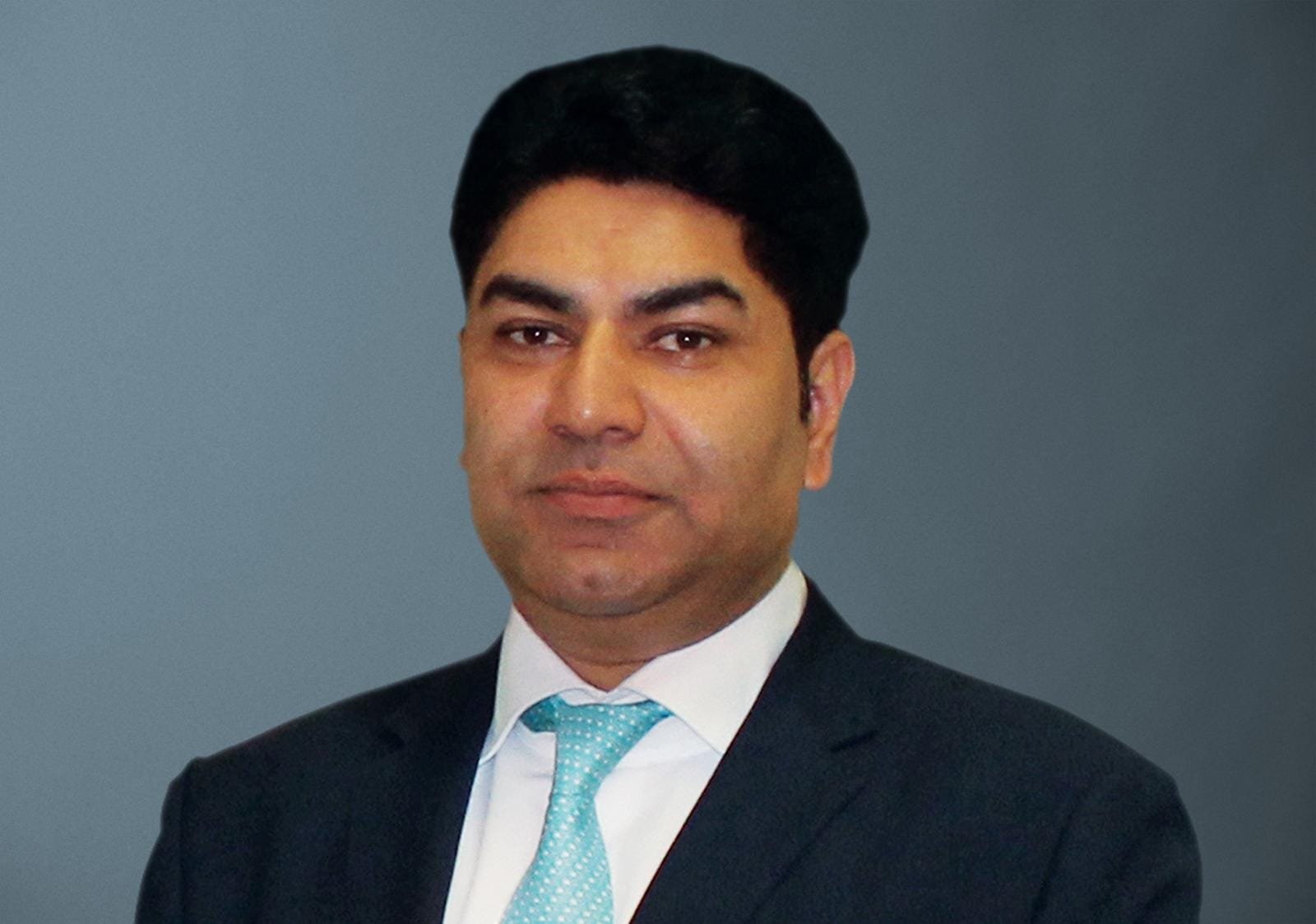Magazine says four REITs likely to be listed in 18+ months
Tier-II cities have seen a spurt in retail sectors, logistics and industrial expansion in the last two-three years, according to Anshuman Magazine, a stalwart of real estate sector who sees four REITs listing on local bourses from second half of 2023 to 2024 or early 2025.
Growth in Tier-II cities has all changed with the highway, rail and airport connectivity, said Magazine, chairman and CEO for India, South East Asia, Middle East and Africa at CBRE.
The US-headquartered CBRE, which has a staff strength of 11,500 people in India and has been adding about 1,000 people a year, has placed teams in 15 Tier-II cities.
Magazine is bullish on prospects in India. “REIT trade is definitely there to grow and we are expecting one to two REITs by the end of this year and there are some in the pipeline,” he said.
At least four REITs are listed on the Indian stock exchanges, of which three are backed by office assets and one backed by retail (shopping mall) properties.
“REIT is one place we are seeing financial institutions owning real estate,” he said, adding that another funding-generating approach is the infrastructure InVIT covering highways. “No doubt more funding can be expected.”
Magazine expects India’s growth story to continue as the country prospers.
“India is going to see massive developments such as roads, airports, ports, rails, MROs and logistics being among the main infrastructure developments,” Press Trust of India quoted Magazine as saying on 25 May 2023.
The quality of residential development has gone through significant improvements while the demand is ever increasing for accommodation for students, or hostels, as well as co-living and co-working.
CBRE is one of the leading real estate consultants in the world. It is also one of the major property advisors and consultants to a large number of greenfield projects including airports, railway stations redevelopment, MROs and industrial projects.
CBRE, he pointed out, is a diversified group involved in many aspects of industrial developments.
He also highlighted that MNCs, setting up offices in India, are playing a vital role in helping India manage its ESG-Climate plans as these global businesses only occupies ESG-compliant office spaces.
MNCs are driving the change by taking up only platinum-rated or ESG-compliant spaces in office buildings.
He has also highlighted global funds’ role in the Indian economic progress.
Japanese multilateral agencies playing big parts on metro stations. These agencies have not only funded projects but funded studies, he observed.
Looking at India and its regional markets, Magazine underlined the large-scale role played by Singapore-based financial institutions and investors.
“Funds are extremely important and Singapore punches way above its weight. Singapore is also the hub of all the other global players in APAC and we work with all of them,” said Magazine when asked about his expanded international role and its contribution to Indian prosperity.
“We work with corporates and financial institutions – a lot of our latest clients have regional HQ in Singapore which has also become a big centre for family offices. It is an extremely important financial hub for India.”
He also made it clear that India would not be the world’s backoffice for ever. The Indian cities have served international corporations for a long time.
Skilled India has gone up the value chain to software and product developments, engineering and designing as well as processing from being just call centres some decades ago.
He clarified the backoffice concept in the minds of people, pointing out that some of the smartest people are working in the Indian IT hubs and supporting the global operations of international operators.
But yet many challenges must be faced by a country of 1.4 billion where the skill set is being upgraded on a daily basis. “There is a continuous focus on education, skilling the young Indians,” he said.
Though some geopolitical issues may impact Indian prosperity as the country gets economically integrated with the world, India’s contribution to the world will be skilled manpower in the coming years, he said.
Magazine also sees India’s role expanding as a global investor.
Heavyweight Indian corporations have been active globally for decades with investments in greenfield projects as well as acquisitions of major businesses.
Magazine expects to see more and more Indian investments in global markets as the Government changes rules and regulations, allowing companies to invest with no forex issues.
“This has not happened before but a change is coming,” underscored the stalwart at CBRE which was first established in India in 1994 and has more than 115,000 professionals working in over 100 countries. fiinews.com










